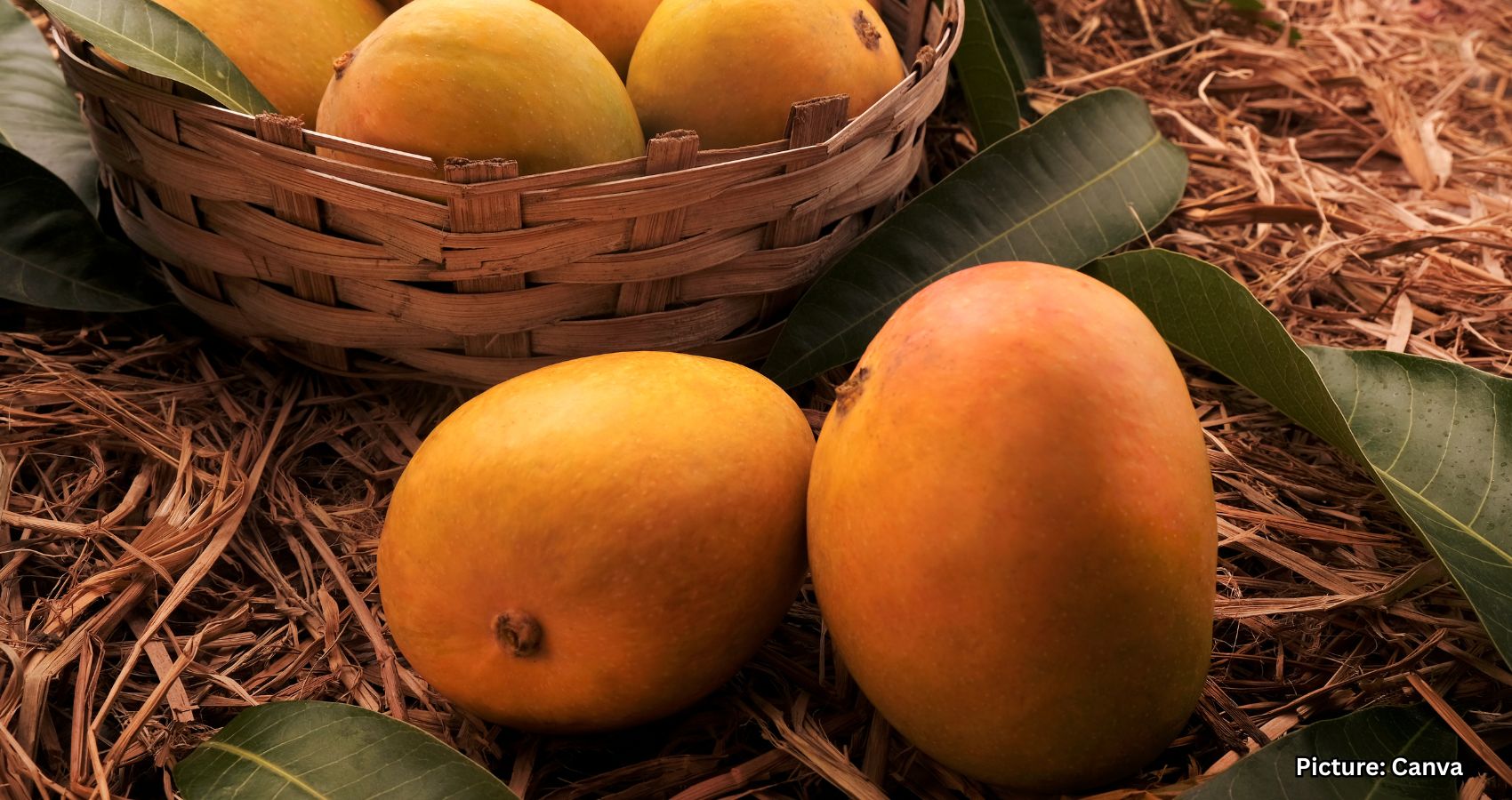In a heartfelt reflection, a daughter explores the deep emotional connection her mother has with mangoes, revealing how the fruit embodies cherished memories and cultural heritage.
Recently, a crate of mangoes from India arrived at our home, and I watched as my mother carefully opened the sealed package. She picked up the first mango, examining its smooth amber skin before bringing it to her nose, closing her eyes to inhale deeply.
In that moment, I realized that for my mother, a mango was more than just a fruit; it was a feeling. It symbolized pride, joy, and comfort during uncertain times. It served as a reminder of a home she had left behind, a past she carried with her, and a part of her that would always remain a child. I could almost see her as a little girl, crouched over a plate, smiling sweetly as mango juice dripped down her arms, unbothered by the mess and lost in the sweetness of the moment.
To my mother, a mango represented her childhood, filled with memories of walking down the bustling streets of Delhi on sweltering summer days, clutching melting ice golas as sweet syrup trickled down her fingers. It evoked images of long nights spent studying by candlelight, her determination unwavering despite the flickering electricity. A mango encapsulated the joy of lingering school days, playing games in the courtyards, and the carefree laughter of children darting across the field.
It also brought back memories of cool summer nights spent under an old, dusty fan, where she and her sister would lie beneath cotton covers, sharing whispered stories and dreaming of places they had yet to see. A mango symbolized long train journeys to her grandparents’ village, gazing out at lush rice fields that seemed to swallow the earth, falling asleep to the rhythmic clink of the train tracks.
In those train compartments, the air was thick with the scent of steel and overripe fruit, mingling with the aroma of chai sold by vendors walking the aisles. My mother would sit nestled between her mother and sister, her small hands wrapped around a warm steel tiffin box filled with homemade parathas and achaar, a family recipe passed down through generations.
Mangoes also evoked waves of memories of unconditional love and wisdom from her elders. She and her cousins would gather around their grandmother, her silver-streaked hair neatly braided, as she wove tales of gods and warriors from local folklore, such as the Mahabharata.
A mango indicated the arrival of the rainy monsoon season, when roadside artisans hurriedly packed their carts while stray animals sought shelter. The streets would flood within minutes, and children would rush outside to splash in puddles, their uniforms soaked, as their mothers called them back inside with exasperated smiles.
It reflected the sound of paper boats bobbing along murky streams of rainwater, with impromptu races declared in narrow lanes. Inside, the air smelled of damp earth and freshly brewed chai, rich with cardamom and ginger. The crackling sound of oil in the kitchen signaled the arrival of crispy pakoras, while laughter filled the dimly lit living room as the family gathered to play carrom, teasing each other with playful affection.
For my mother, a mango also meant the unusual warmth of winter, huddled under blankets and between her mother’s arms, savoring small cups of gajar ka halwa. It represented the spirit of the holiday season, when streets glowed with oil lamps and rangoli patterns adorned doorsteps. Children would burst firecrackers under the watchful eyes of their parents, their faces illuminated by fleeting bursts of color against the night sky. Homes were filled with the aromas of melting ghee and fresh jaggery, with sweets carefully stacked in steel boxes, embodying love in every bite.
Yet, with the joy of the holidays came the looming dread of returning to school, the stress of exam season demanding silent nights spent hunched over notebooks under the dim light of a kerosene lamp. Life in India was not easy; it was a time of scarcity and simplicity, where small luxuries were cherished, and a new dress for Deepavali was a cause for celebration. It was a time when friendships were built not through screens, but through shared meals and whispered secrets on school bus rides.
While a mango holds many meanings for my mother, to me, it stands as a beacon of her sacrifice and bravery. The sacrifice she made when she left behind the familiar streets of her childhood, the laughter of her siblings, and the warmth of her mother’s embrace. The bravery it took to journey across the seas, to build a new life from the ground up, and to raise a daughter in a world so different from her own.
As I watched her savor the taste of home, I realized that true love is often unspoken, nestled within the small things we take for granted. In the warmth of her hands as she peels a mango for me, in the quiet way she ensures I have the best slice, and in the memories she shares so that I may understand where we come from.
Now, a mango is no longer just a fruit to me; it is a legacy.
Source: Original article

